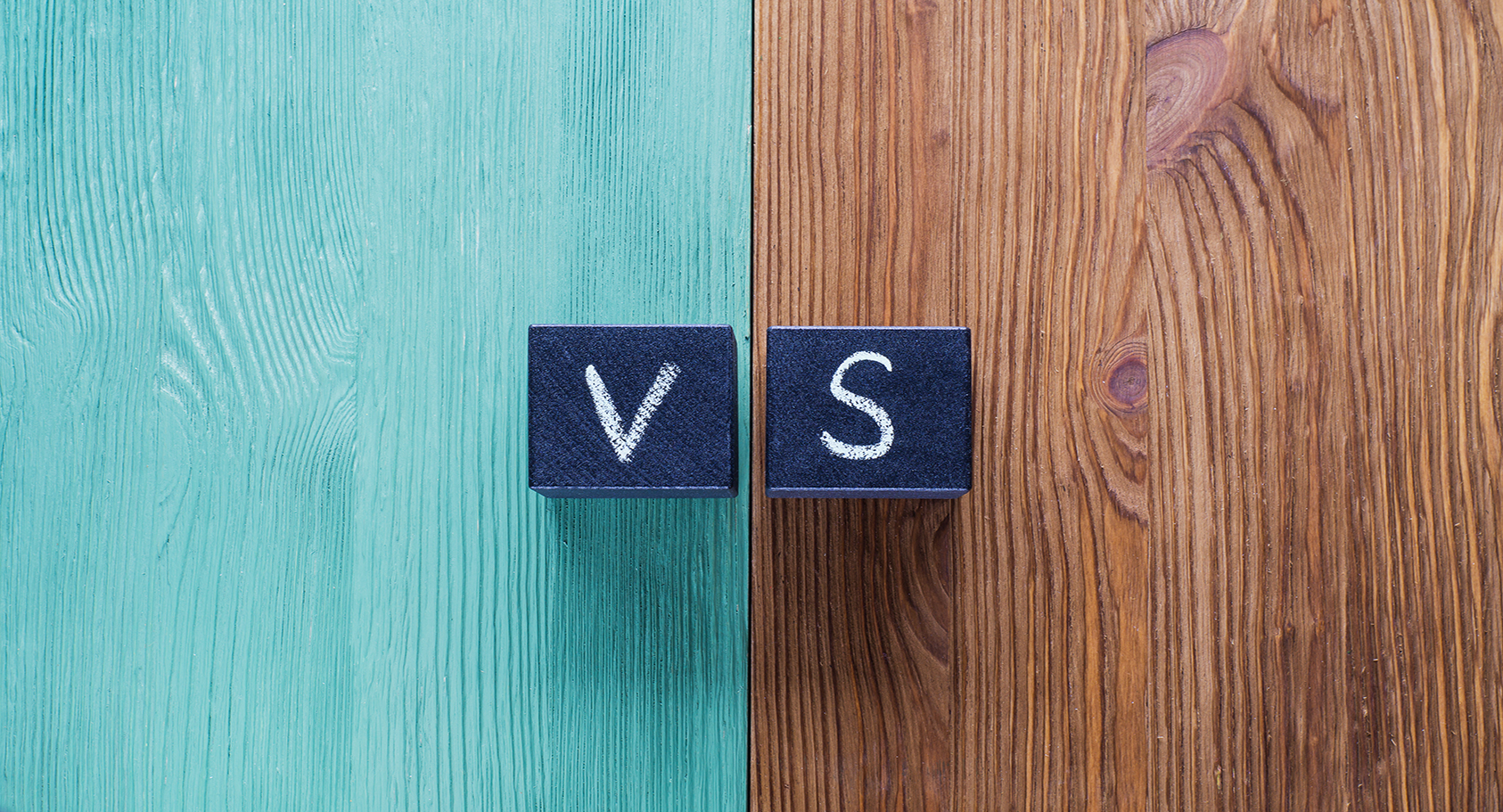IVA Or Debt Relief Order (DRO)
Embarking on the journey to discover debt solutions can understandably cause feelings of being overwhelmed. Navigating the differences between various debt solutions and determining the most suitable option for your needs may prove challenging if you’re not well-versed in the subject.

Looking to apply for an IVA?
Many individuals who contact IVA Helpline are curious about whether an Individual Voluntary Arrangement (IVA) or a Debt Relief Order (DRO) would be the most suitable option for their financial situation. Recognising this, we have taken the initiative to analyse these two debt solutions, allowing you to grasp their distinctions and consider which one may best fit your needs.

What are Debt Relief Orders and Individual Voluntary Arrangements?
An Individual Voluntary Arrangement (IVA) serves as a debt solution for those who can allocate at least £100 monthly towards their outstanding debts. On the other hand, a Debt Relief Order (DRO) is designed for individuals who cannot afford such payments and possess less than £75 of disposable income each month to contribute towards their debts.
When considering the most suitable plan, it’s crucial to remember that Debt Relief Orders (DROs) and Individual Voluntary Arrangements (IVAs) each have unique advantages and disadvantages. To assist you in determining which option may be the most effective way for you to manage your debt, we have compiled additional information for your consideration
Check if you qualify
Call us on 0800 464 7235
Our trained advisors are here to help, so if you think an IVA proposal is one of the best debt solutions for you, don’t hesitate to call us on 0800 464 7235 to speak to one of our trained debt advisors or click below to see if you qualify…
Check if you qualifyComparing an IVA with a Debt Relief Order (DRO)
Deciding between an IVA and a DRO ultimately depends on your specific financial circumstances, as each debt solution is tailored to different situations and varying levels of disposable income. In this comparison of DROs and IVAs, we will address some crucial questions about both options:
How long does each debt solution last?
Debt Relief Order (DRO): The duration of a DRO is one year.
Individual Voluntary Arrangement (IVA): An IVA typically lasts five to six years.
What do you need to qualify?
Debt Relief Order (DRO): To be eligible for a DRO through IVA Helpline, your debt must not exceed £30,000. A Debt Relief Order is an option only for non-homeowners, with the total value of your assets being under £2,000. You should not have also obtained a debt relief order within the past six years.
To qualify for a Debt Relief Order (DRO), your disposable income must be less than £75 after accounting for taxes, national insurance, and household expenses.
Individual Voluntary Arrangement (IVA): To qualify for an IVA, you must have a minimum debt of £6,000 owed to multiple creditors (companies or individuals to whom you owe money). Additionally, a consistent and stable income is required.
Which debts can be included?
Debt Relief Order (DRO): A DRO encompasses overdue payments (arrears) related to your household expenses, such as gas and electricity, rent, and council tax. Additionally, a Debt Relief Order covers ‘unsecured’ debts, which include credit cards, personal loans, overdrafts, payday loans, and outstanding amounts owed to friends or family members.
Individual Voluntary Arrangement (IVA): Similar to a Debt Relief Order (DRO), an IVA encompasses various types of outstanding debts, such as missed household bill payments and other unsecured debts like credit card balances, overdrafts, loans, and money owed to family or friends.
Which debts can’t be included?
Debt Relief Order (DRO): A DRO is specifically tailored for unsecured debts, which means it cannot incorporate mortgage payments or secured loans. Furthermore, it excludes hire purchase (HP) agreements, overdue TV licence fees, court penalties, student loans, outstanding child support payments, and social fund loans.
Individual Voluntary Arrangement (IVA): An IVA is unable to cover court penalties, outstanding TV license fees, unpaid child maintenance, or social fund debts.
What happens to interest and charges?
Debt Relief Order (DRO): When you apply for a Debt Relief Order through IVA Helpline, we will request the creditors you owe money to halt any interest or additional fees.
Individual Voluntary Arrangement (IVA): When you apply for an IVA, rest assured that your creditors will cease to impose any interest charges or additional fees on you. At IVA Helpline, we are committed to guiding you through this process, ensuring a smooth experience.
Are they legally binding?
Debt Relief Order (DRO): a DRO holds legal significance, implying that you and your creditors are obligated to adhere to the agreement.
Individual Voluntary Arrangement (IVA): Similar to a Debt Relief Order, an IVA is a legally binding agreement, ensuring both you and the creditors adhere to its terms.
What happens to the things you own?
Debt Relief Order (DRO): To qualify for a DRO, the total value of your assets must not exceed £2,000, including the value of your vehicle. As a financial expert at IVA Helpline, we understand the importance of clear and accurate information to help you assess your eligibility for debt relief solutions.
Individual Voluntary Arrangement (IVA): Generally, your possessions will be safeguarded under an IVA. However, if there’s a possibility that your property or assets may not be secure, an Insolvency Practitioner can assist you in exploring alternative methods to address your financial obligations.
What happens to the debts that are outstanding?
Debt Relief Order (DRO): After a 12-month, your debt is entirely cleared, with no need for monthly payments towards these outstanding balances.
Individual Voluntary Arrangement (IVA): Upon completion of the IVA, any remaining debt will be discharged, and your creditors will regard the matter as resolved.
Do you have to talk to the people you own money to?
Debt Relief Order (DRO): No, your creditors cannot contact you directly. They must communicate with the Insolvency Practitioner (IP) handling your case instead.
IVA: No. Instead, they are required to communicate with your Insolvency Practitioner (IP) if they need to discuss the debt during the six-year duration of the arrangement.
What happens if you forget about some of your debts?
Debt Relief Order (DRO): If any debts are overlooked during the establishment of a DRO, it is important to note that, according to the law, they cannot be added later. As a result, separate arrangements will need to be made in order to settle these outstanding debts.
IVA: It is uncommon for debts to be overlooked during the establishment of an arrangement. However, if this occurs, your Insolvency Practitioner (IP) can typically incorporate them at a later stage, provided they constitute less than 10% of your total outstanding balance.
Will my job be affected?
DRO: Similar to bankruptcy, having a Debt Relief Order (DRO) in place prevents you from serving as a limited company director or holding specific official positions or roles.
Individual Voluntary Arrangement (IVA): You can maintain your role as a company director, which is not an option in cases of debt relief orders or bankruptcy. Nonetheless, disclosing your IVA to your employer might be necessary since certain professions may not permit you to retain your position if you are experiencing financial difficulties.
What happens to my credit rating?
DRO: As a result of your Debt Relief Order, your credit file will reflect this decision and cause your credit score to decrease. Lenders are likely to view you as a high-risk borrower. Nevertheless, once your DRO is completed, you’ll have the opportunity to rebuild your credit score. The DRO will appear on your credit report upon its establishment and remain there for a duration of six years.
IVA: An Individual Voluntary Arrangement (IVA) in the UK can negatively impact your credit rating. Although it lasts for six years, it is recorded on your credit report upon initiation. Once completed, it will vanish from your credit ratings, enabling you to obtain credit and rebuild your score.
Prefer to talk? We’re ready to listen and help you
Get Help Online
Answer a few simple questions and one of our experts will get in touch.
Get Help OnlineSend us an email
Use our online form to get in touch and we’ll respond as soon as we can.
Send email


